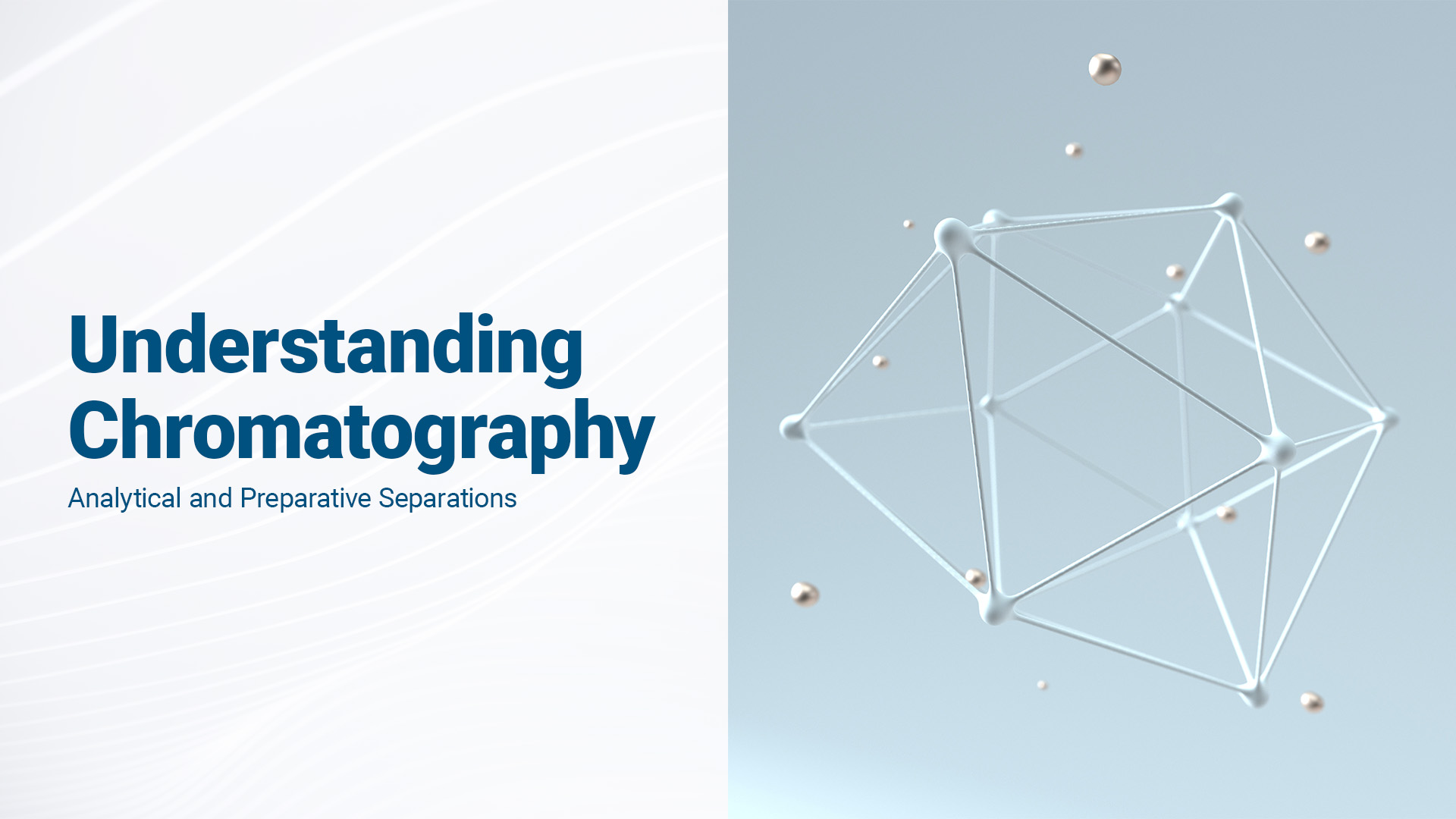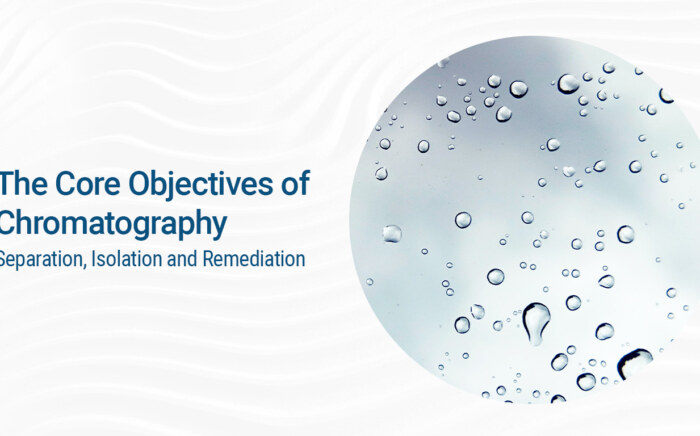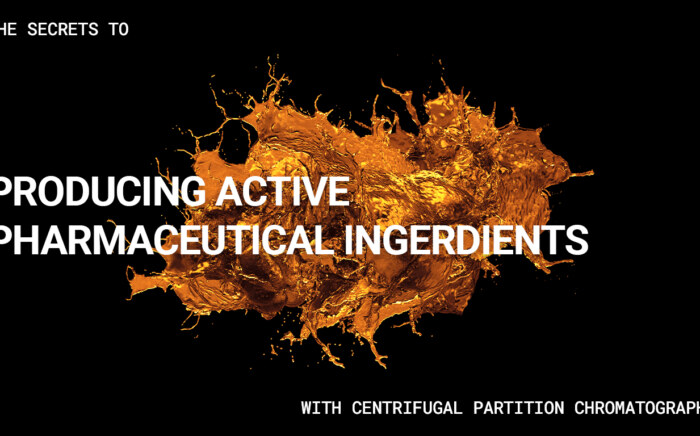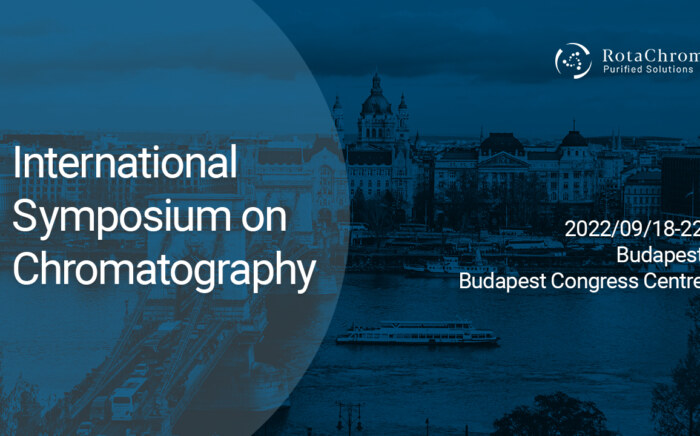Increasing separation efficiency by pH adjustment in Centrifugal Partition Chromatography
NewsAnalytical versus Preparative Chromatography
Chromatographic methodologies can be categorized into two main types: analytical and preparative, based on the scale and objective of the separation process. Analytical methods are focused on obtaining qualitative and quantitative data about the sample under investigation.
On the other hand, preparative separations aim to isolate a specific component from a mixture, often referred to as the compound of interest (CoI), or remediate a single component or group of components (known as impurity or impurities) from the mixture. These preparative systems have the capability to process substantial amounts, often ranging from hundreds to thousands of grams of input material.
In summary:
Analytical:
- The primary objective of analytical methods is to gather qualitative and quantitative information about the sample.
- Analytical chromatography operates on a smaller scale and is primarily utilized for informational and research purposes.
Preparative:
- Operates on a larger scale, processing substantial amounts of input material.
- Aims to isolate a specific compound from a mixture (CoI) or remove a single compound or group of compounds (impurity or impurities) from the mixture.
- Preparative systems can process hundreds or even thousands of grams of input material, operating within the multi-liter per minute flow rate range.
Industrial-Scale Purification
Taking the preparative chromatography to the next level, let’s delve into industrial-scale chromatography. To illustrate this concept, we’ll focus on RotaChrom Technology’s flagship Centrifugal Partition Chromatography (CPC) device, known as iCPC.
Similar to conventional liquid chromatography, iCPC separates the injected sample based on the varying partition coefficients of the sample components between the mobile and stationary phases. This partition coefficient determines the duration each molecule spends within the mobile and stationary phases, influencing the molecule’s travel rate through the system. Upon completing the purification process, automated fraction collectors retain selected fractions based on the program settings.
RotaChrom’s iCPC platform stands as the largest commercially available Centrifugal Partition Chromatography instrument globally. Purpose-built for industrial-scale purification projects in continuous batch operation mode, this device offers exceptional cost-effectiveness. With the ability to process hundreds of kilograms of crude input material per month, it represents the most efficient industrial-scale chromatography platform in the market.



